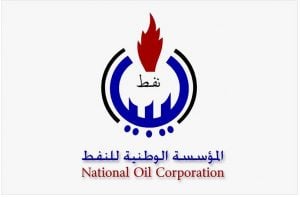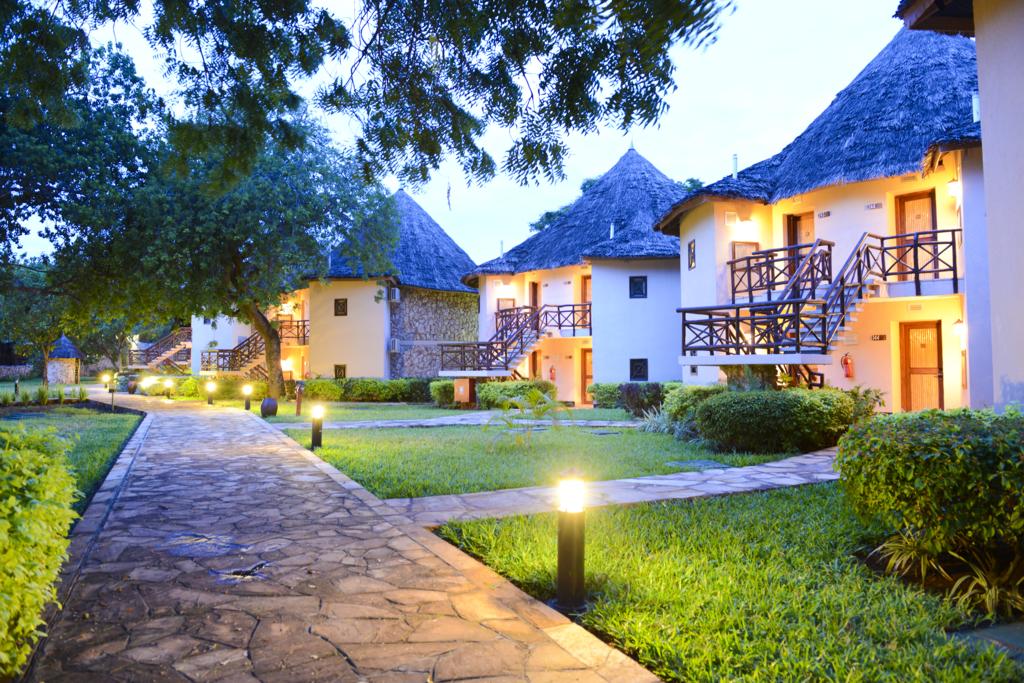By Sami Zaptia.

London, 7 July 2020:
In a lengthy interview on Libyan television last night, National Oil Corporation (NOC) chairman Mustafa Sanalla said that he did not rule out that Russian private military contractors, Wagner, may booby-trap or plant air defences in the vicinity of Libya’s Sharara and the El-Feel oilfields. He also talked about fuel smuggling and negotiations to unblock Libya’s oilfields.
Sanalla claims Wagner are now occupying the Sharara oilfield as part of their support of the Khalifa Hafter forces.
Sanalla on Wagner
On Wagner’s entry into the Sharara field, Sanalla says that this is documented through video and audio evidence and that Wagner entered the Sharara field with armoured vehicles facilitated by the Petroleum Facilities Guards (PFG).
The PFG are the Libyan state security force charged with protecting Libya’s oil facilities. They are made up of local forces and have since 2011 become a militia interested purely in furthering their own interests – at the expense of the national state interest. They are still on the state’s payroll.
Sanalla accused the PFG of violating all entry procedures to the oil installations and the procedures for the prevention of the spread of the Corona pandemic.
He said that Wagner met with the PFG in the meeting room in the residential area of the field and then conducted a field tour of the field.
More pertinently, Sanalla said that he did not rule out the possibility that Wagner may booby-trap or plant air defences in the vicinity of Sharara and El-Feel fields. He added that the Wagner Group poses a serious threat to the NOC’s facilities and employees. He said Wagner must leave Sharara immediately.
In response to a question about the relationship between Wagner’s entry into Sharara and the ongoing negotiations to unblock Libya’s oilfields, he said he did not rule out a link.
Sanalla also revealed that another foreign armed group entered the port of Sidra on Sunday afternoon – without naming it. He said that this group had ‘‘taken measurements’’ that appear to be related to military operations that may occur in the near future. He added that the presence of this group in the port raises significant question marks.
Referring to Hafter and his aligned forces, he said those who claim control of these facilities must disclose the facts and not hide them from the people because they cannot be hidden.
On negotiations to unblock Libya’s oil production/exports
Sanalla has come in for much criticism in Libya for his proactive role in negotiations to unblock Libya’s oil production and exports. Many critics see this as a political role beyond his ‘‘technocratic’’ remit as head of the NOC. They do not think he has the authority to sit with and negotiate what are political matters with foreign powers/entities. Some accuse him of having political ambitions and of being on an election campaign.
Sanalla seemed to justify his proactive political intervention to unblock Libya’s oilfields through a technocratic spectrum. He said that when on 29 May an oil reservoir collapsed in the Sharara field, this to him signalled a very serious sign of the collapse of Libya’s oil sector.
He said that it was since that date the NOC decided to move strongly to end these absurd acts.
He justified the NOC’s initiative by saying that it had been discussed with Libya’s internationally recognized government in Tripoli, ‘‘friendly countries’’ and UNSMIL.
To this end, he went on to thank the United States, the French ambassador (surprisingly) and Acting UNSMIL head, Stephanie Williams. He said they played an important role in putting the initiative to regional states and the oil blockading Libyan parties.
Sanalla said that in his view the initiative to unblock Libya’s oil can be included in the Berlin conference outcomes.
On the other hand, he admitted that the countries participating in the negotiations to unblock Libya’s oilfields are the same countries that have been messing around with Libya for years and are the same countries that are blocking the resumption of oil production.
He added that he did not blame foreign countries for seeking their interests, but he blamed their Libyan accomplices.
Directly addressing criticism of his role and authority, Sanalla said the NOC was acting within the framework of the law and plays a central role in the negotiations to reopen oil production.
He insisted that the NOC is playing a ‘‘neutral role’’ and is a ‘‘non-political technical economic institution’’.
He complained that Libya’s oil had become a political bargaining chip and that the PFG had been used as a political pressure tool. He also noted that there had been ‘‘no loud noises’’ from all officials since the oil was blockaded.
With regards to what was publicized in the media regarding his initiative to unblock Libya’s oil, Sanalla denied negotiations included the establishment of a special account for oil revenues abroad (food for oil) or the redistribution of Libya’s oil revenues fairly under international supervision.
He said the initiative was that oil sales revenues would be placed in the NOC ‘s accounts and would remain under its supervision for a ‘‘certain period’’ (unspecified) until financial and security arrangements were coordinated by the conflicting parties.
He insisted that the process is transparent, and that the NOC would continue to disclose Libya’s oil revenues on a regular basis. He stressed that there would be no international supervision by any foreign party of Libya’s oil revenues.
He said that the ensuing financial arrangements out of this initiative would mean more disclosure and transparency in institutions in the east and west by the Central Bank of Tripoli and the Central Bank in the east through the announcement of expenses and the unification of the exchange rate.
With regards to the initiative’s security arrangements, it would include rearranging the securing of Libya’s oil installations and the discarding of the PFG.
On fuel smuggling
On his drive and campaign to fight fuel smuggling, Sanalla reminded that it was he who first broke the silence (and glass ceiling of fear) and publicly named the now infamous fuel smugglers back in 2016.
He said that he had met with a group of Parliamentarians supporting the smuggling operations and insisted on reporting on all smugglers to the Attorney General’s Office.
He said that the NOC was not responsible for smuggling after the fuel has come out of its tanks.
He said that the NOC has informed the Public Prosecutor’s Office of all the actions and allegations by the infamous smuggler nicknamed the “Bidga”, who Sanalla called a criminal and said that he is destined to be imprisoned.
Sanalla lamented that the NOC had lost ‘‘two of its sons’’ in the anti-smuggling committee because they were targeted by smugglers. A member of the Committee was severely paralyzed after being hit by a car because of his work in combating fuel smuggling, he added.
On attempts to smuggle fuel by the eastern authorities, he revealed that three weeks ago the NOC had observed an attempt to smuggle heavy oil from the port of Al-Harriga by the parallel NOC in Benghazi. He claimed ‘‘well-known’’ countries had prevented a tanker from docking at Al-Harriga port. He accused the eastern NOC of having signed dozens of contracts to sell oil at low prices since 2016 – for less than $2.5, 10 and $15 per barrel.
He said the eastern Prime Minister, Abdullah al-Thinni had been informed of all the attempts of the eastern NOC to smuggle oil and fuel. He said that the NOC’s main customers, Repsol, ConocoPhillips, Hesse, Total and Eni – do not deal with fictitious dwarf companies.








